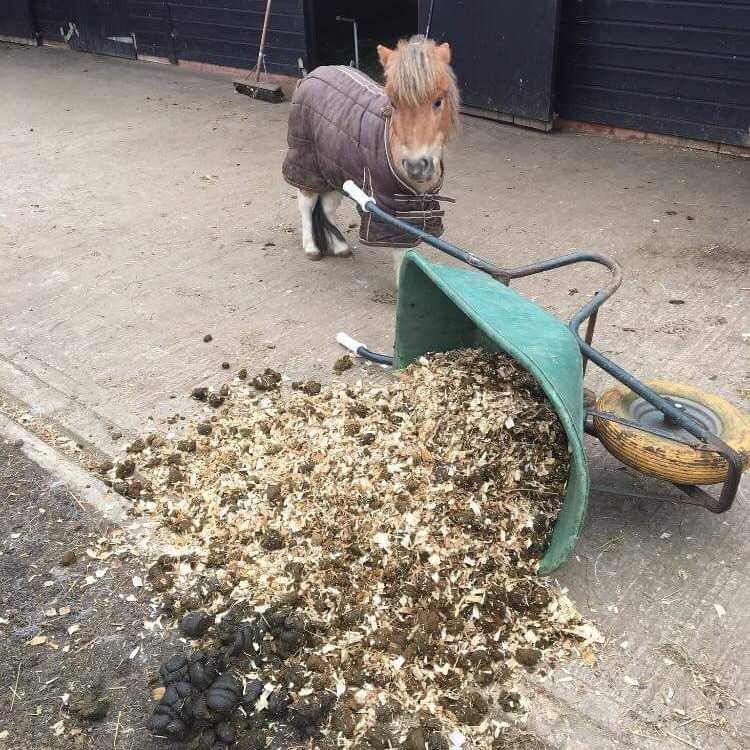All our clients always receive an email reminder when it’s time for fecal testing or preventive deworming.
When to test
We recommend following the schedule below. This ensures proper monitoring and early detection of any worm infections. For stables with multiple horses, we provide tailored advice. Would you like a personalised plan? Visit our website for more information.
Why fecal testing?
A fecal test provides insight into the gastrointestinal worms present and helps determine if treatment is necessary. With an online history, we can gather detailed information about the horse and its parasite profile, so any worm infection can be addressed with the appropriate treatment (since no single wormer kills all worm types). We believe fecal testing should be carried out by a trained specialist. That’s why all tests are performed by experts from the veterinary parasitology laboratory.
What is worm resistance?
In short, worm resistance means that the worms are no longer susceptible to certain dewormers. Resistance is defined as a situation where a wormer is administered at the correct dose but kills less than 95% of a worm species.
How often should I do fecal testing?
A fecal test is a snapshot. That’s why we advise testing frequently (4 times a year) and at the right time, to catch any infections early and treat appropriately. Over 74% of horses carry no worm infection. Worm&Co clients always receive a reminder when it’s time for a new test.
What is checked during a fecal test?
A fecal test at Worm&Co examines the presence of eggs from small strongyles, roundworms, threadworms, pinworms, tapeworms, and sand. Separate tests are available for liver fluke, lungworm, and tapeworm.
I gave my horse a dewormer — is my horse worm-free now?
Almost no horse is completely worm-free, nor is that necessary. Every horse naturally carries some worm eggs. Horses can build up resistance to gastrointestinal worms.
It’s a misconception that giving a wormer means your horse is worm-free. Dewormers kill adult worms and sometimes (partially) larvae — but not the eggs. No wormer kills all types of worms.
But encapsulated strongyles are dangerous and not detectable in fecal tests, right?
In the Netherlands too, encapsulated strongyle larvae pose a potential risk. Frequent and timely testing builds a clear picture over time. This allows our parasitology specialists to assess the horse’s resistance based on experience, test history, and age. From this, an accurate recommendation is made.
So I never have to deworm?
We advise our clients to treat once a year for encysted strongyles, bot larvae, and tapeworms. Bot larvae are best treated after the first night frost — at that time, the flies that lay the larvae are dead, and reinfection is unlikely. In many cases, specific treatment for bots is unnecessary. Our clients receive a reminder when the annual treatment is due.
I routinely deworm twice a year — that’s okay, right?
The question is: what are you deworming against? How do you know the wormer you give matches the actual situation? That’s why frequent fecal testing is so important — to detect issues early and treat with the appropriate product. No wormer kills every type of worm. Targeted treatment is key.
What can I do to prevent worm infections?
Prevention is crucial. Remove manure from paddocks and pastures, keep water troughs clean, muck out daily, and mow or harrow pastures. For more info on prevention, visit our website!
If you have any questions or need more information, feel free to contact us!

